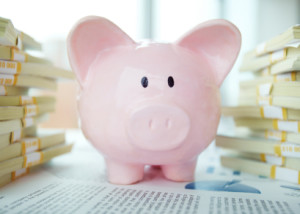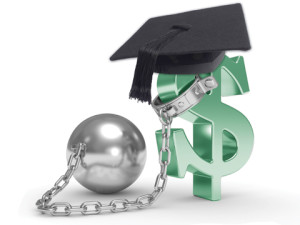 Today’s top story: 3 things that will change when you’re a homeowner. Also in the news: 3 times you can pay taxes with plastic and come out ahead, eight ways you can save money right now, and what happens if you default on a loan.
Today’s top story: 3 things that will change when you’re a homeowner. Also in the news: 3 times you can pay taxes with plastic and come out ahead, eight ways you can save money right now, and what happens if you default on a loan.
3 Things That Change When You’re a Homeowner
All you’ll think about is money.
3 Times You Can Pay Taxes With Plastic and Come Out Ahead
Build up your rewards.
Eight Ways You Can Save Money Right Now
Automate your savings.
What Happens if You Default on a Loan?
Don’t take it lightly.
 Today’s top story: 4 ways to ride the rising interest rates wave. Also in the news: Why you should set your own credit card limits, reasons why credit isn’t as boring as it sounds, and more than 1 million student loan borrowers are in default.
Today’s top story: 4 ways to ride the rising interest rates wave. Also in the news: Why you should set your own credit card limits, reasons why credit isn’t as boring as it sounds, and more than 1 million student loan borrowers are in default. 
